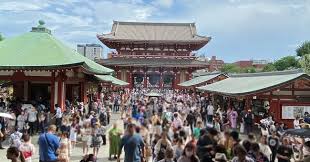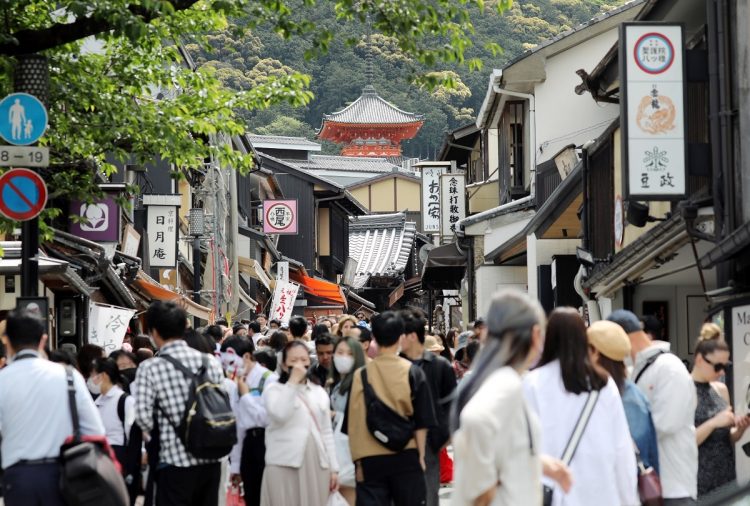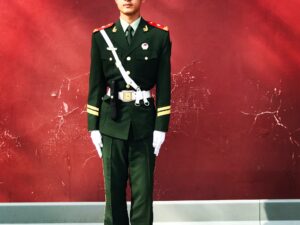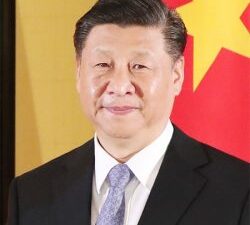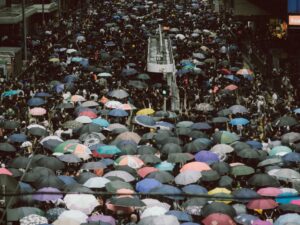Airline Flights to Japan Already Fully Booked for National Day Holiday
Chinese Passenger Plane Falls Vertically Out of the Sky
The Chinese government has been actively warning that Japanese seafood is dangerous following the release of treated water from TEPCO’s Fukushima Daiichi nuclear power plant into the ocean, but despite this, the Japanese media has been reporting with great gusto that large numbers of Chinese tourists are visiting Japan. The tabloid, which is affiliated with China’s official Communist Party newspaper, the People’s Daily, lashed out at the Japanese media.
In China, an eight-day weekend known as the “golden week” began on September 30 in conjunction with National Day on October 1. Japanese airlines have stated that flights from Chinese cities to Japan were all fully booked.
Japanese media coverage is also propaganda.
The World Times had predicted that the release of treated water from the Fukushima Daiichi nuclear power plant into the sea would significantly reduce the number of tourists visiting Japan, but Chinese tourists contradicted that prediction with their actions.
When the Japanese government began discharging treated water into the ocean on August 24, the Chinese government imposed a total embargo on Japanese marine products (although Chinese fishing boats have continued to fish in the same waters since then). Other anti-Japanese propaganda has been waged by the entire country, including protests at high-level UN meetings, but it seems that it has not been able to convince the public to abandon their trips to Japan during the major holidays.
Kyodo News reported that Ichiro Takahashi, director general of Japan’s Tourism Agency, said at a regular press conference on September 27 that, as a result of interviews with travel agencies, the impact of the treated water release on Japan’s tourism industry “is limited at this time. Japan remains the most popular destination for Chinese tourists, he said.
For the state media, which claims that “many Chinese share the political sentiments of the Chinese government,” the public’s choice of destinations for overseas travel is a tricky question. In an op-ed piece, the Huangyue Times criticized the Japanese coverage as a “public opinion war on tourism” aimed at undermining China’s position. It claimed that not all passengers on the Japan-bound flight were tourists.
The Japanese side explained that the decision to release treated water was based on scientific data and that the International Atomic Energy Agency (IAEA) had confirmed its safety.
The Chinese claim that their concerns are also based on facts, but so far they have not released any scientific data from their own investigation. Other neighboring countries have stepped up radiation monitoring activities, but have not gone as far as China in imposing a total ban on seafood products.
